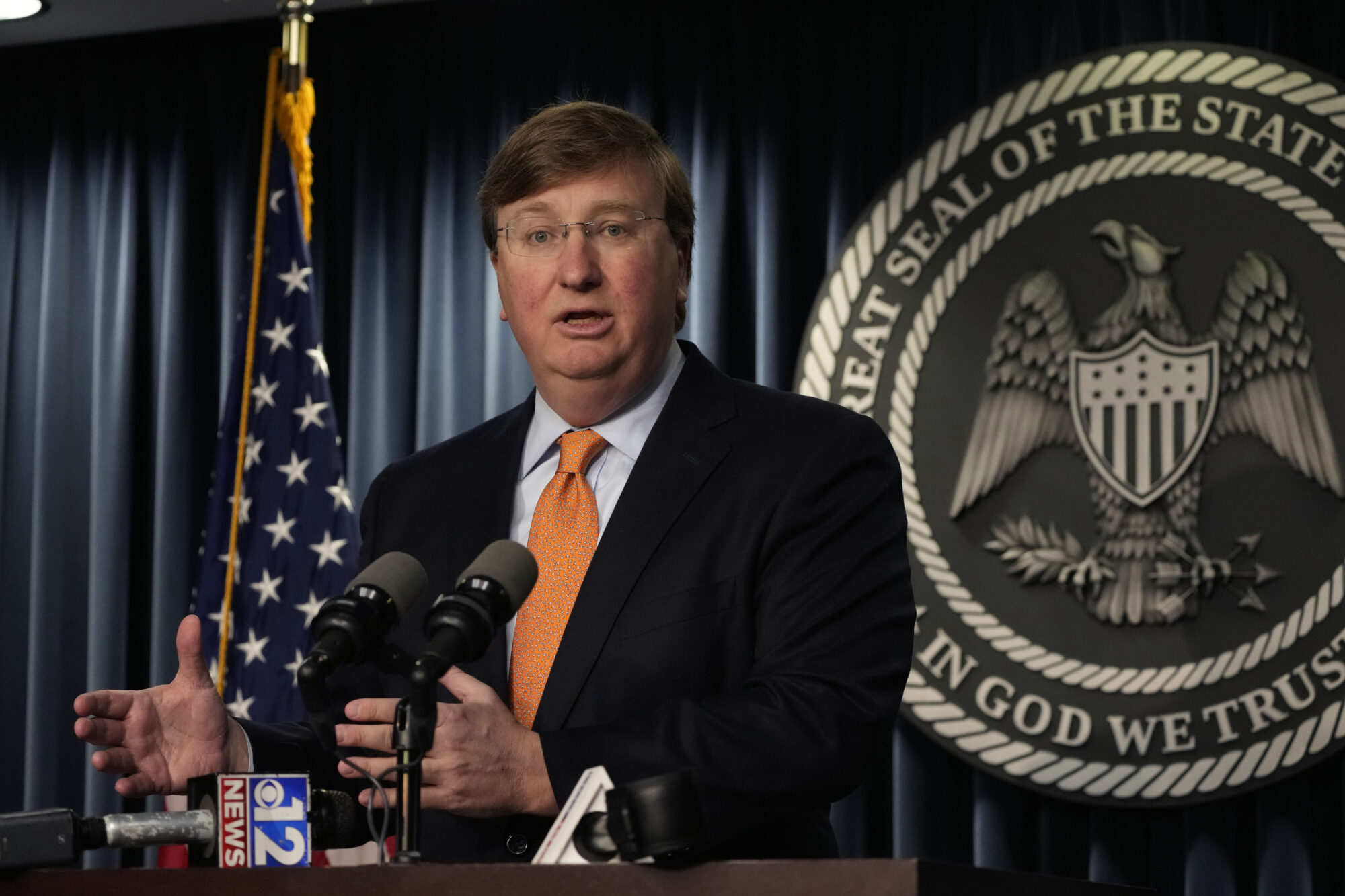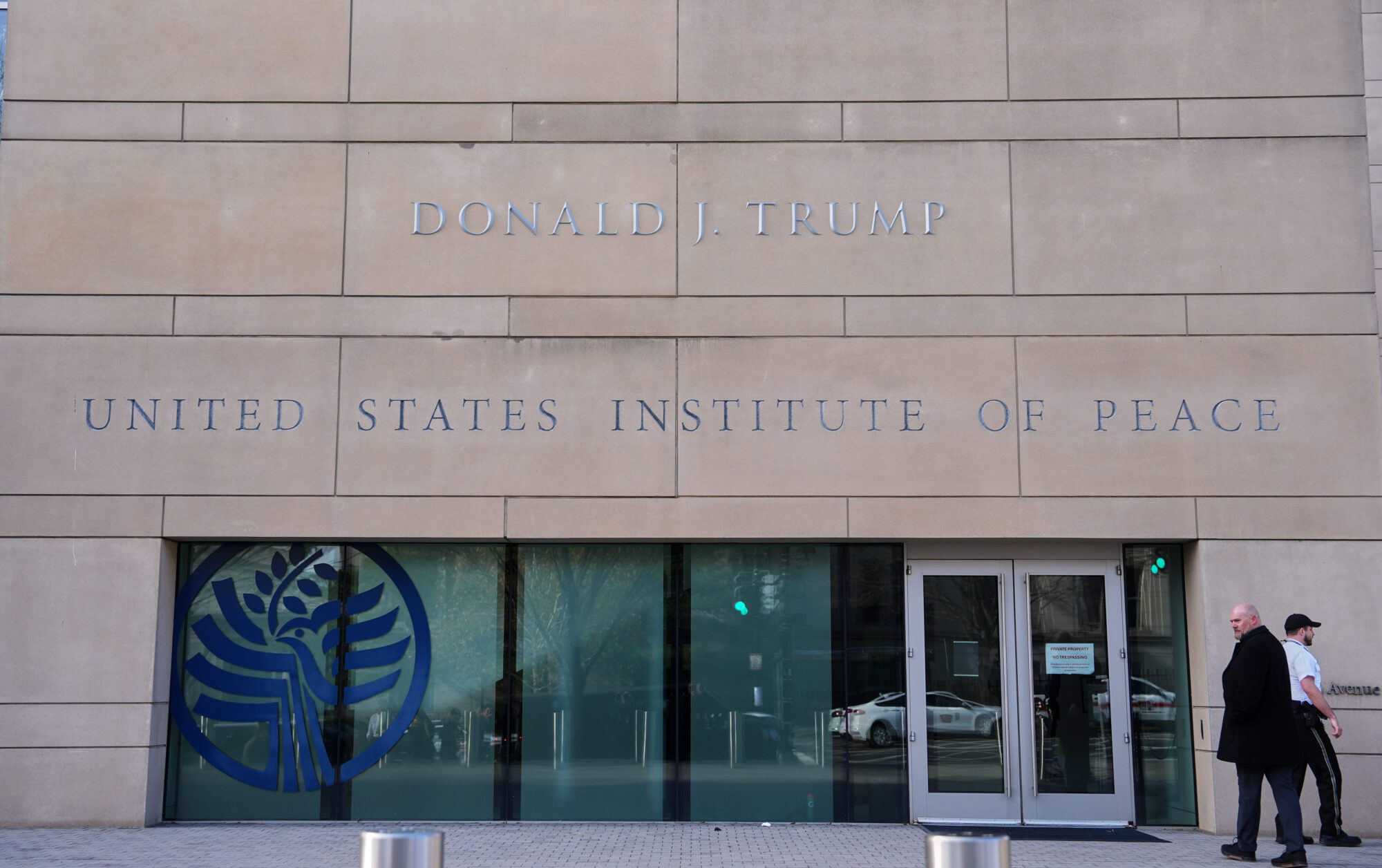
U.S. District Judge Henry Wingate smiles on Aug. 19, 2022, in Jackson, Miss. Wingate ruled Thursday, June 1, 2023, that the Mississippi chief justice cannot be a defendant in a lawsuit that challenges a state law dealing with appointed judges. (AP Photo/Rogelio V. Solis, File)
Listen to the audio version of this article (generated by AI).
- Wingate went on to say that he has taken steps to ensure the mistake will not happen again.
Earlier this month, U.S. Senate Judiciary Committee Chairman Chuck Grassley wrote a letter to two federal judges regarding their alleged use of generative artificial intelligence (AI) to draft court orders with little to no human verification. U.S. District Judge Henry Wingate was one of the two judges Grassley sought clarification from at that time.
Wingate’s original order blocking Mississippi’s anti-DEI law was at the heart of Grassley’s inquiry.
On Tuesday, Judge Wingate sent a letter to Robert Conrad, Director of the Administrative Office of the Courts, in response to Senator Grassley, stating that a law clerk utilized a generative artificial intelligence tool known as Perplexity “strictly as a foundational drafting assistant to synthesize publicly available information on the docket.”
“The law clerk who used GenAI in this case did not input any sealed, privileged, confidential, or otherwise non-public case information,” Wingate wrote. “The standard practice in my chambers is for every draft opinion to undergo several levels of review before becoming final and being docketed, including the use of cite checking tools. In this case, however, the opinion that was docketed on July 20, 2025, was an early draft that had not gone through the standard review process. It was a draft that should have never been docketed. This was a mistake.”
Wingate went on to say that he has taken steps to ensure the mistake will not happen again.
“The root cause of the errors identified in Defendant’s unopposed motion to clarify/correct was a lapse in human oversight, specifically the posting of a draft opinion instead of a final one and the failure to put the draft opinion through the final review process,” Wingate continued, adding, “Consistent with the Code of Conduct for United States Judges, I have taken appropriate action to address the law clerk’s conduct that resulted in the mistake. Additionally, I immediately implemented corrective measures in my chambers, including a plan whereby all draft opinions, orders, and memorandum decisions undergo a mandatory, independent review by a second law clerk before submission to me. All cited cases are printed from Westlaw and attached to a final draft.”
Wingate concluded by writing that he has “a very busy docket” and strives to maintain the public’s trust “by administering justice in a fair and transparent manner.”
“Given that I hold myself and my staff to the highest standards of conduct, I do not expect that a mistake like this one will occur in the future,” he wrote.
As previously reported by Magnolia Tribune, Wingate’s July order temporarily blocked Mississippi’s anti-DEI law passed by the Legislature this year as part of a lawsuit filed by the American Civil Liberties Union (ACLU) of Mississippi and the Mississippi Center for Justice in June.
The new law, as it was described by lawmakers, prevents public K-12 and higher education institutions from utilizing diversity, equity and inclusion (DEI) practices when making decisions concerning school employment, academic opportunities, and student engagement. Such decisions are to be based on an individual’s merit and qualifications rather than a person’s race, color, sexual orientation, or gender. The law passed through both bodies in the State Capitol and then received the governor’s signature in April.
After Wingate entered the order blocking the law from taking effect, both sides of the legal challenge noticed significant factual errors in the federal judge’s ruling. Two days later, Mississippi Attorney General’s office, defending the new law, in consultation with the plaintiffs, filed a motion to clarify or correct the Order Granting Temporary Restraining Order issued by Wingate.
Judge Wingate amended his original order the following day and then removed the initial ruling from docket, backdating the amended order as if it were the original ruling.
Whether Wingate’s response letter satisfies Senator Grassley’s inquiry remains to be seen. The judge could be called to testify before the Senate Judiciary Committee on the matter should Grassley choose to do so.











